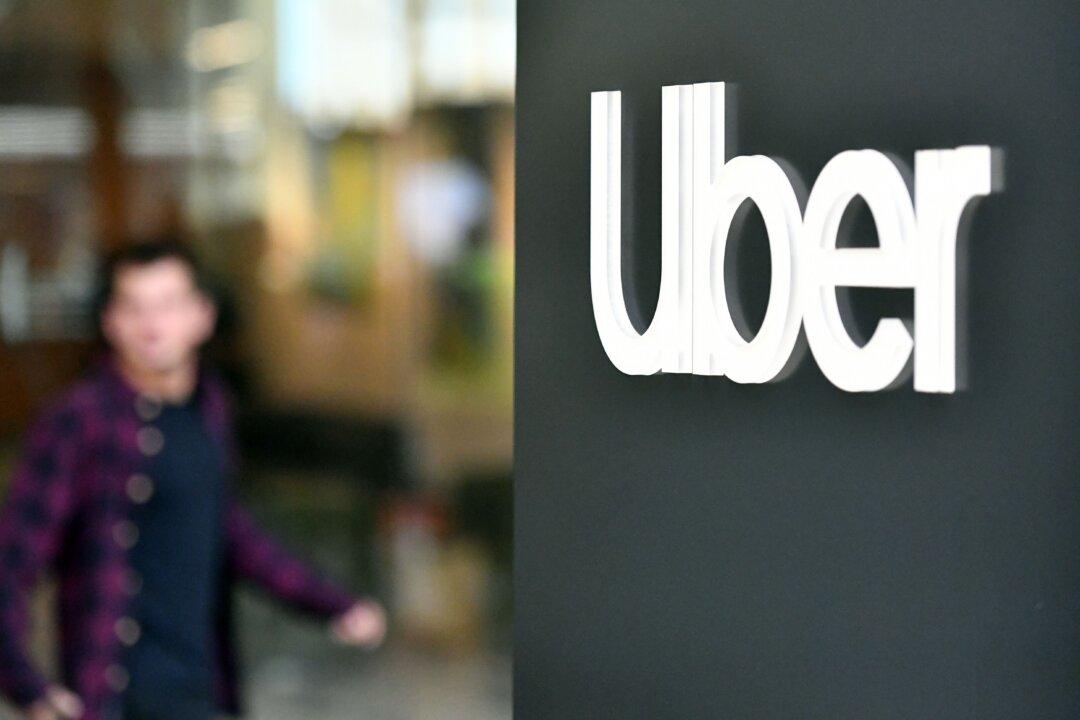The future of Uber and Lyft in Minneapolis is still undecided following the City Council’s resolution last month to mandate that ride-sharing companies pay drivers a higher rate within city limits.
Uber and Lyft have indicated they would discontinue service to the Minneapolis metropolitan area on May 1, prompting the city to reconsider the ordinance.





